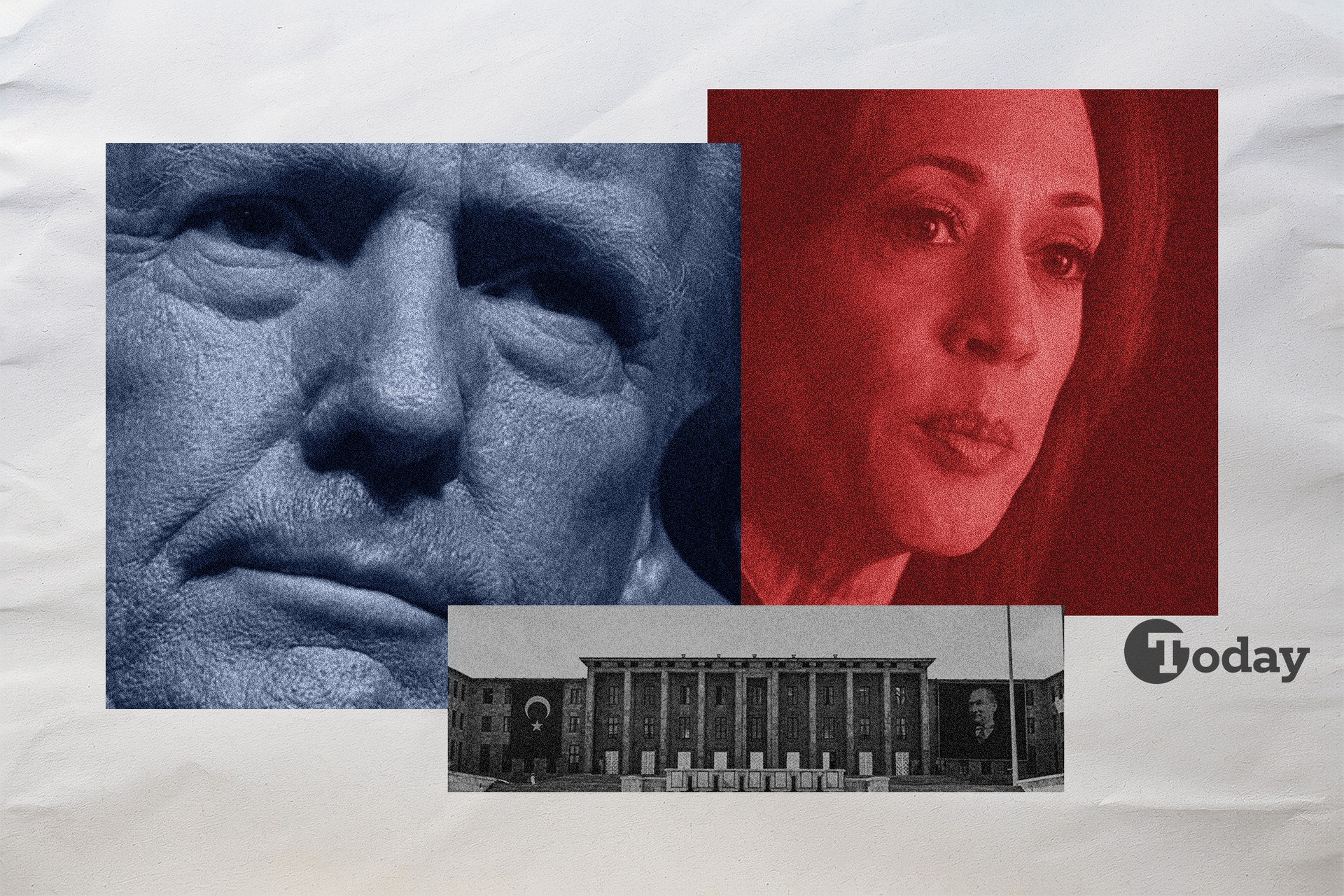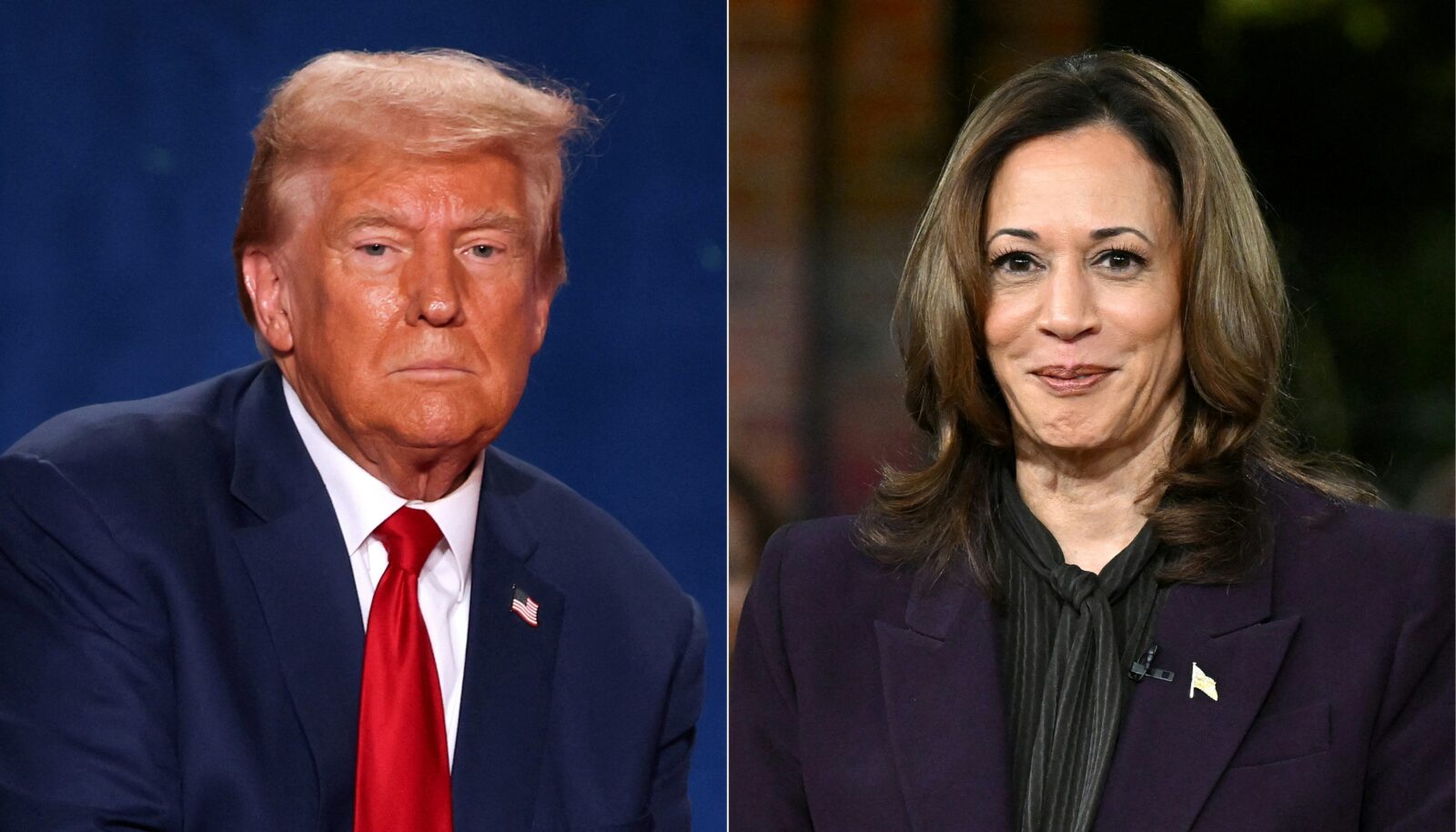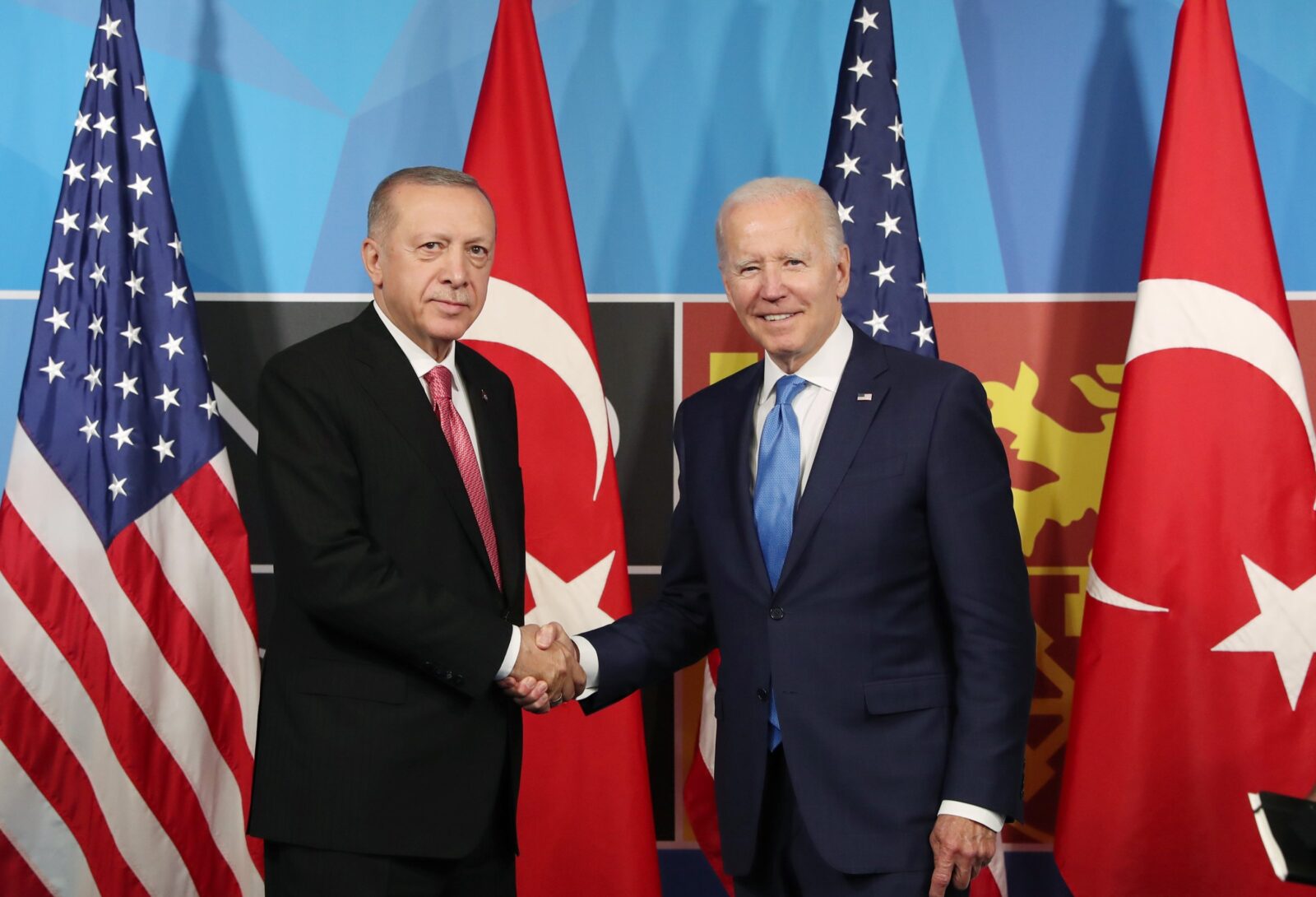
The United States heads to one of its most contested and polarizing presidential elections on November 5, 2024.
Vice President Kamala Harris, the current Democrat Party nominee, is facing a lackluster campaign and interview flops, resulting in former president Barack H. Obama joining various parts of her campaign trail.
President Joe Biden’s deteriorating health has been subject to many global headlines. While 57% of Americans disapprove of his presidency, Harris has faced an uphill battle to add nuance and clearly distinguish a new set of policies.
Top European Union officials have already begun hosting strategy meetings to discuss how to best navigate another Trump presidency.
All this comes at a time of unprecedented domestic and foreign policy challenges for Washington.

Former president and opposition candidate Donald Trump has thus far survived three assassination attempts – Pennsylvania in July, Florida in September and California in October.
Several American public heavyweights have put their support behind him.
They include a republican senator from Ohio as vice presidential nominee JD Vance, a recently turned republican Robert F. Kennedy Jr., 2020 Democrat Party presidential nominee Tulsi Gabbard, 2024 Republican Party presidential nominee Vivek Ramaswamy, veteran journalist Tucker Carlson, and the head of Tesla, SpaceX and X (formerly Twitter) Elon Musk.
Meanwhile, billionaire Amazon tycoon Jeff Bezos intervened in the newspaper he owns, the Washington Post, to not support Harris, breaking the Post’s 36-year tradition of endorsing a candidate.
Likewise, the LA Times’ owners decided to not endorse Kamala – this, however, was due to the Biden administration’s Gaza policy.
A more coherent set of policies is exhibited under the Trump campaign: Making the American bureaucracy more efficient, clamping down on the debt bubble, reforms on big pharma and the food sector, tighter borders with controlled immigration, lowering energy prices and a ‘realistic’ approach to foreign policy.

President Obama’s superstar status diminished rather quickly in Ankara.
Obama’s first Muslim-majority country visit was to Türkiye in 2009, where he spoke at the Turkish Parliament to provide assurances that, given America’s invasions of Afghanistan and Iraq, the U.S. was not “at war with Islam.”
Yet by 2011, with Arab Spring coming in full swing, a new schism in Turkish-American national interests emerged over the chaos in Egypt, Libya and Syria.
Ankara was rather reluctant to join NATO’s 2011 military intervention in Libya.
Then, in 2015, it became apparent that Washington entering the Syrian civil war meant selecting the PKK/YPG as their main partner with little to no consideration from NATO ally Ankara.
Hawkish Turkish political commentators, especially Türkiye’s nationalist bloc, believe this one sole issue is the crux of all problems with the United States.
Since these events, over 4 million refugees, predominantly from Syria, but also Afghanistan, Iraq and Libya, made themselves at home within Turkish borders.
Regional instability had a detrimental impact on the Turkish economy as spending on increasing domestic capacity and declining trade figures mounted.
But of course, the elephant in the room remains that in July 2016, the Fetullah Terror Organization (FETO) headquartered out of Pennsylvania carried out a failed coup attempt in Türkiye.
In August 2016, Biden would come to Ankara specifying the U.S. had “no foreknowledge” of the ordeal. He would also try to make amends for Washington’s noticeable late condemnation of what had taken place.
Four years later, however, in August 2020, immediately before Joe Biden became president, Biden commented to the New York Times Editorial Board that the U.S. foreign policy toward Türkiye must be through strengthening the opposition, “not by a coup, not by a coup, but by the electoral process.”
Those words swept through Turkish politics and media like a storm.
It has become apparent that Joe Biden’s presidency was marked more or less by the continuation of Obama’s policies and as such, Harris is interpreted as an Obama 3.0 administration.
Under a potential Harris presidency, no major changes to U.S. foreign policy in the Middle East are expected, prolonging the divergence of national interests between Türkiye and the United States.

Donald Trump lacks diplomatic etiquette but is depicted by many Turkish commentators to be more transparent without the dichotomy of words versus actions.
Following his election in 2016, Trump navigated the release of American Christian Pastor Andrew Brunson in Izmir, Türkiye, who was accused of being an American spy and held by Turkish authorities for two years until 2018.
President Erdogan would make an official state visit to Trump in the White House in May 2017. Erdogan addressed concerns over U.S. cooperation with PKK/YPG. A testament to the then-growing Erdogan-Trump personal ties.
One of the biggest splashes created by Trump in Türkiye-U.S. ties was his letter promising to destroy the Turkish economy and telling Erdogan “don’t be a fool” in October 2019, sent on the same day Türkiye led another incursion into northern Syria.
However, two key remarks on potential foreign policy shifts by Trump were well-regarded in Türkiye.
The first was that he acknowledged the purchasing of the Russian S-400s had to partially do with the Obama administration’s stubborn refusal to sell American Patriot air defense systems. At the time, Trump would comment Türkiye “was not treated fairly.”
The second was Trump’s advocating for the U.S. to depart from its military operations in Syria. Something that has not taken place.
Ankara has long desired to agree with Washington regarding Syria, to have a joint policy and for the U.S. to use Türkiye and its allies, not the PKK/YPG, in the ongoing Syrian proxy war.

As the Nov. 5 American presidential elections approach, the coin toss, looking in Trump’s favor, indicates no major changes to Turkish domestic or foreign policy.
Given Ankara’s inability to receive military or economic backing from Western allies, Türkiye is likely to continue exploring ties with other nations – particularly Russia and China.
This was witnessed with the participation of the high-level Turkish delegation at the BRICS summits in Kazan, Russia, in October 2024.
Yet, Trump appears to be more willing to compromise and make drastic reforms to American foreign policy.
This carries significant potential to initiate new opportunities and a fresh page regarding the bilateral relations between Türkiye and the United States.